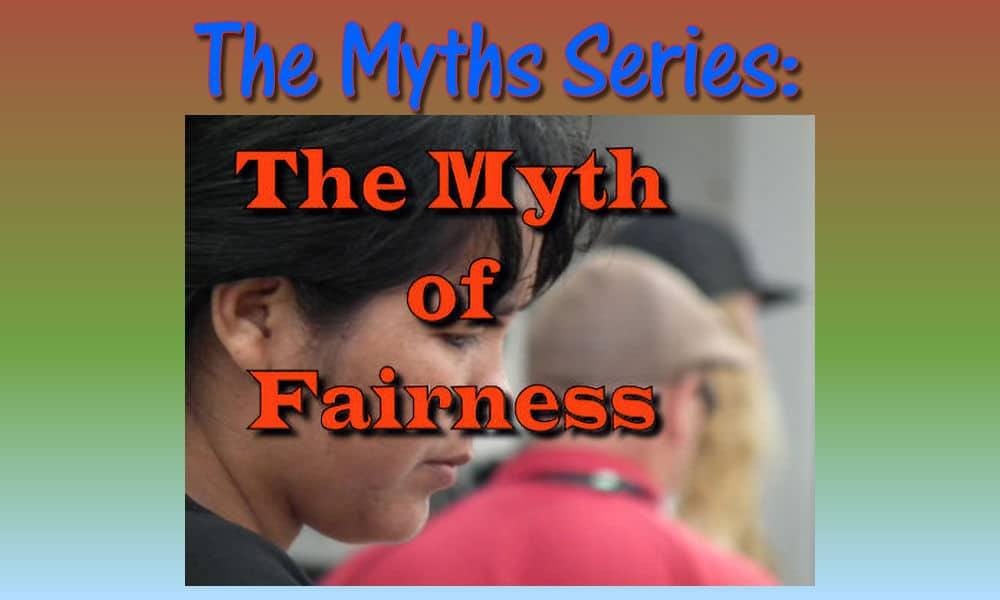- Is-ness: Life is not as it is. Life is as you are — The Myths Series
- The Myth of Absolute Truth — The Myths Series
- The Myth of Right and Wrong — The Myths Series
- The Myth of the Threat of Change — The Myths Series
- Unraveling the Myth of Shoulds — The Myths Series
- The Myth of Fairness — The Myths Series
- The Myth of No Consequences — The Myths Series
- The Myth of Altruism — The Myths Series
- The Myth of Easy — The Myths Series
- The Myth of Scarcity — The Myths Series
- The Myth of Limitations — The Myths Series
- The Myth of a Soulmate — The Myths Series
- The Myth of Sex Equaling Intimacy — The Myths Series
- The Myth of a Self — The Myths Series
- 5 Ideas About Compassion
The Myth of Fairness–getting over thinking life should be fair is, for some, a life-long task.

This Endless Moment
An excellent guide to life and living.
Learn to focus your attention of who you really are.
Purchase all formats from Amazon
Purchase digital versions
(Apple, Nook, Kobo, etc.) from this page
“Hey! Wait a Minute! That’s not fair!”
If you hang around kids long enough, or if you ever were one ;-), you’ll remember hearing or speaking that phrase. When those words are uttered, it’s pretty clear that the speaker thinks that “something hasn’t worked out like it was supposed to.”
A rule, the speaker thinks, has been violated.
Because of the squabbles that result over fairness, parents are known to devise elaborate ploys to preserve the illusion of fairness.
Darbella remembers this one regarding sharing while growing up with her sister. Whenever dessert was divided between them, one got to do the cutting, and the other person got to choose “which piece.” Dar describes how carefully the cutter would measure and cut, lest they give the other the “unfair” advantage of getting 1% more pie.
Because of course, everyone knows that life (and pie sharing) is supposed to be perfectly fair and absolutely equal.

A long time ago I counselled a teen; she I one of three. She declared–often and loudly–that her father loved her sister best, her mother loved her brother best, and that meant that she was left out of being “loved” best by a parent… and… wait for it… that wasn’t fair!!!
More on this one later.
So, all of this talk of fairness makes sense when we’re talking about the hurt feelings of little kids. We do what we can to soothe them, and put in time until they grow up.
Because “fair, not fair” — is how a child thinks.
At the same time, we, as adults, know that concepts such as fairness do not actually function in the real world.
Where this gets a little odd is when adults spout “fairness” as a valid model for life.
Back when I was counselling, I got a call from another psychotherapist who worked in the same town. Apparently the Employee Assistance Plan we both got client referrals from had referred the same client to both of us.
We were unaware of this.
The client called my colleague and made an appointment. Then I called, and he was able to book with me sooner, so he did. I knew nothing about the other therapist.
He arrived at my office, we did a session, and at the end of the session he told me what had happened. I suggested he see the other person, since he’d booked with her first, but he decided to continue to see me.
Not a perfect scenario, but not the end of the world, either.
Anyway, he called the other therapist and cancelled his first session with her, explaining what had happened. She was not pleased.
So, she called to find out why I’d seen the guy.
I said, “He called me and we booked an appointment. At the end of his session, he mentioned he booked one with you. I suggested he see you instead of me, but he chose to continue to see me.”
She sputtered, “But … but … that’s not fair!”
I managed not to spray coffee out my nose. I said, “Hmm.” She said, “Well, at least the insurance company admitted they were wrong for referring him to both of us, and are going to pay me for the cancelled session.” I said, “Um hmm.”
She paused, she waited. I said nothing. Unsatisfied that I hadn’t made the world fair for her, she rung off.
I was mostly confused as to how a therapist hadn’t figured out that the world isn’t fair.
On the other side of the “fairness” coin, friends of ours successfully brought their kids up not to expect fairness.
I remember one story when Dar, who taught with the mom, drove her and her daughter to the kid’s daycare, drop off the daughter and then carry on to school. The mom buckled the kid into the back seat, and climbed into the front.
The kid pouted and wailed, “I thought you’d sit back here with me.” The mom said she’d chosen to sit up front. The kid went, “That’s not fair!” Mom replied, “Well, life is shit and then you die.”
The kid cried, “I know!!!!”
Clearly the kid had heard that bit of wisdom before.
What’s important about that story is that, from an early age (the kid was 3 at the time) she was learning not to expect people to treat her as being special. While she is “special” as in “a unique being,” she is not “special” as in “more important that others.”
Here’s the key. When people scream, “That’s not fair!” they don’t want fairness, as in equality. They want special treatment.
Back to the teen I mentioned above. She considered herself the “odd man out”–no parent loved her best.
So, what’s she really looking for?
Well, on one level she was saying, “Parents should love all their children the same.” Parents do, of course, spout that nonsense to their kids, to stop them from fighting over, “Mommy loves you best!” but parents don’t love their children the same.
They relate to each child as they perceive the kid to be–the parents’ way of dealing with each kid is the result of their own thoughts, compassion and prejudices.
What the teen really meant, and later admitted, was, “I want my parents to love me most. I don’t want to share their love with my younger siblings. I had them to myself for the year before my brother was born, and I still want their total devotion and attention.”
This helps us to unpack what “fair” means for most people and in most situations.

Fair means,
- “I want to be treated as special, never have anything go wrong and always get my way.
- I want my needs considered before and above everyone else’s.
- I want all sickness, war, poverty and pestilence to stop, at least as it affects me, and I want it to stop now!
- My parents should be perfect, my partner perfect, my kids perfect. What I mean by perfect is that they act like I want them to, never get sick or die on me, and always strive to keep me happy.
- Anything less just isn’t fair.”
Such thinking makes sense for a three-year-old who wants mommy in the back seat. It is a tad lame coming from a teen wanting to be an only child. It is pathetic coming from an adult who expects deferential, preferential treatment and then whines because “life is shit and then you die.”
Doesn’t matter what your justification, nor how you put it.
“My husband works all the time and won’t help with the kids. I need time for myself and he’s not pulling his weight.” Message? “It’s not fair.”
“We’re supposed to be co-parenting, and he keeps disagreeing with me, when all I want is what’s best for the kids!” Message? “It’s not fair… he should do it my way.”
Have a look at your “fairness list.” Write it out and notice how hard-done-by you feel.
Then, give yourself a shake, burn the list and decide what you’re going to do to get over the need to have more, to get your way, to be protected from life, and to be treated as special.





